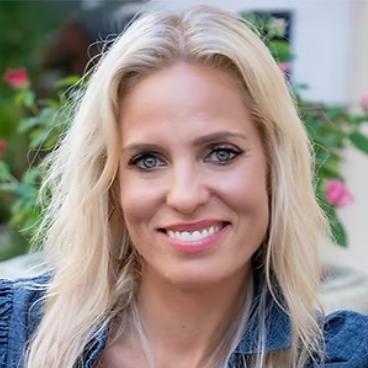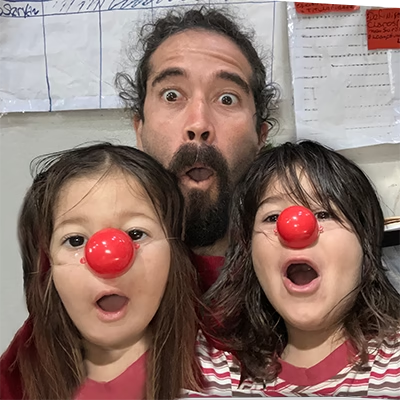Screen Time
Agreements that stick
Workshop
Create Lasting Family Agreements Around Screens—Without the Power Struggles

Brittany Joy Lund
Mother of three
Naples, Florida
“If you are dealing with screen time drama in your home – like most families – and are craving an answer to how to connect with your children over what I’m calling the tech monster, attend Lisa’s workshop. There are true resources that will help you find a new and better way.”
Watch this video to get a flavor of what it’s like
Watch this video to get a
flavor of what it’s like
When it comes to screens, many parents are fed up feeling like police officers or pushovers and sometimes both on the same day. In this workshop, parents learn how to create screen time agreements that actually stick, by engaging their kids in the process and addressing their own fears in a way that creates collaboration, not conflict. It’s for parents who are looking for an approach that doesn’t rely on threats, punishment, or power struggles, but that still provides peace of mind.
Learning Objectives:
- Understand how fear-based parenting can fuel power struggles and make screen time agreements harder to make.
- Learn a three-phase process to create effective, collaborative screen time agreements with your whole family.
- Discover how to use a child’s need for autonomy to inspire them to make empowered decisions about screen use.
- Hear examples of real families using this process, so parents can apply the tools to their own situations.
Intended Takeaways:
- Parents will leave with a clear understanding of how their fears around screens may be driving conflict, and how to turn that fear into a tool for building stronger agreements.
- Kids 10 and up will leave with a better sense of their own needs for choice and autonomy, and how they can use those needs to make healthy, informed decisions about the role that screens play in their lives.
- A concrete, adaptable three-phase process to help craft an agreement that everyone in the family can buy into, regardless of how enthusiastic a child is about screens.

Thuan Carvahlo
Father of a 5-year-old and a 2- year-old, Bahia, Brazil
“Having examples, structures, and strategies that I could lean on supports me in sticking with it to live my values.”

Jen Slaw
Lancaster, PA
“My son and I are now able to have more nuanced conversations about screen time — and can often come to an agreement about what’s healthiest. Not always, but we’re a work in progress! I’m grateful for Lisa’s insights and ability to navigate beyond what’s “right” and “wrong” to move into a more collaborative relationship with my son vs. a combative one around screens — which has extended to other areas of potential conflict as well.”

Tanya Jones
Mother of a 7- year-old, Italy
“It’s extremely inspiring. We can find strategies that work for all. There’s space for a shift instead of compromise even around things that feel like an absolute ’No’.”

Jane Barr
Montreal, Canada
“What a wholesome, heartfelt, and workable offering.
Collaboration is what I wanted for my own children and for my grandchildren. Hearing examples in the workshop of parents and kids sharing their concerns and ideas as human-to-human rather than bossy parent over disobedient child and come up with agreements that everyone feels good about reinforces my humanity. All the tips are so precious.”
About Your Facilitator

Hi. I’m Lisa.
I’ve spent the last two decades learning, practicing, and teaching hundreds of parents how to prevent family conflicts. I started doing this work because I decided that I wouldn’t have kids until I had tools to do things differently than my (well-intentioned and loving) parents did. I have two kids who are now 15 and 18.
Parents usually feel judged
Parents usually feel judged
by their kids, their partners, their in-laws, other parents, and (the harshest critics of all) themselves. I see what every family member does through a judgment-free lens, which results in robust, compassionate conflict transformation.
I majored in Chinese in college, produced a podcast at a food truck park, and perform monologues like Date Night at Pet Emergency and the Mommy Meltdown Show. I also love square dancing and tandem pedal kayaks.
You’ve probably noticed that I don’t have any letters after my name. That’s because the skills you need to prevent conflicts and repair ruptures don’t require a degree in mental health. They’re accessible to everyone. My clients and I are living proof of that.